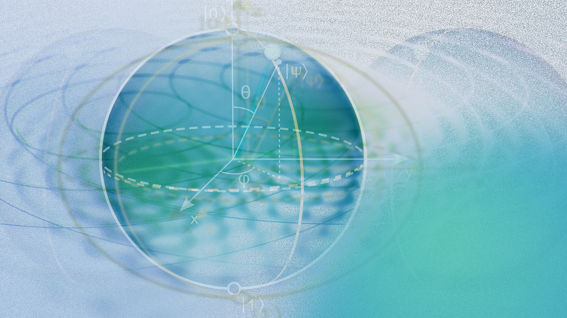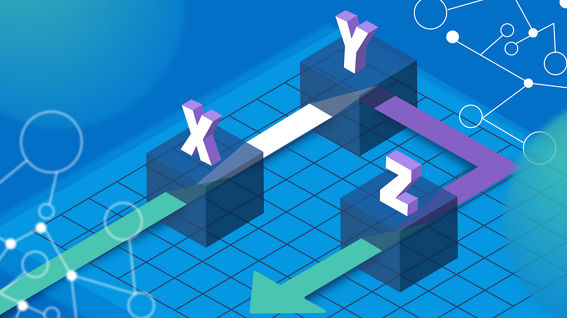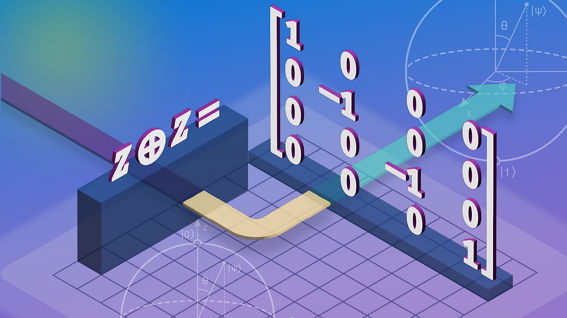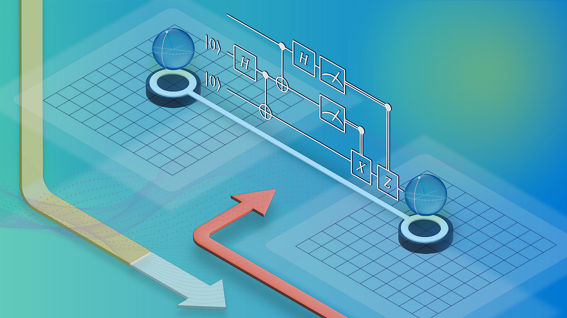Entanglement is a fundamental concept of quantum mechanics that describes a non-classical correlation, or shared quantum state, between two or more quantum systems (or quantum particles) even if they are separated by a large distance. This phenomenon is also known as quantum non-locality, and it is one of the key features of quantum mechanics that distinguishes it from classical mechanics. Quantum systems are described by a mathematical object called a wavefunction, which contains information about the possible outcomes of measurements that can be performed on the systems. When two or more quantum systems are entangled, their wavefunction cannot be expressed as a product of individual wavefunctions for each system. Instead, the systems are described by a single wavefunction that captures the correlation between them. The fact that entangled systems are described by a single wavefunction means that any actions or measurements made on one of the systems affect the state of the other systems.
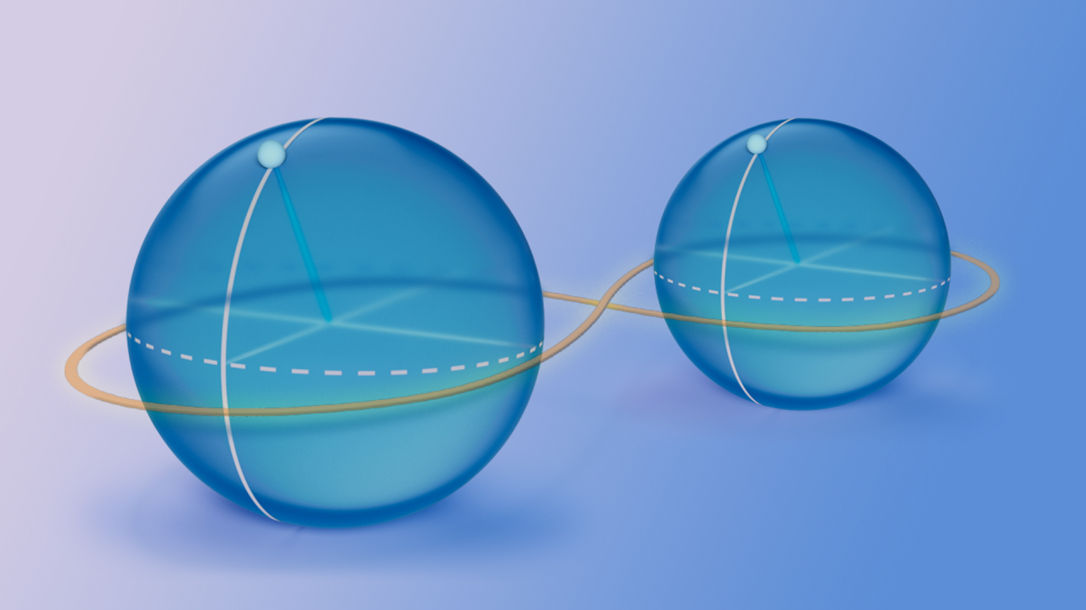
In quantum computing, entanglement is used to enable quantum parallelism, which is the ability of quantum computers to perform multiple calculations simultaneously. Entanglement allows quantum computers to manipulate many qubits in a single operation, instead of manipulating each qubit individually, as in classical computing. For example, consider two qubits that are initially prepared in an entangled state. If a measurement is made on one of the qubits, and it is found to be in the state |0⟩, then the state of the other qubit immediately collapses to the state |0⟩ as well. Similarly, if the first qubit is measured to be in the state |1⟩, then the state of the second qubit collapses to the state |1⟩ as well.
Entanglement enables quantum computers to implement various protocols and algorithms that are not possible with classical systems. For example, it is used in quantum teleportation, which allows for the transfer of quantum states between two distant systems. Entanglement is also a key resource for quantum error correction, which is necessary to protect quantum information from decoherence and other errors. By creating and manipulating entangled states, quantum computers can detect and correct errors in a way that is not possible for classical computers.


